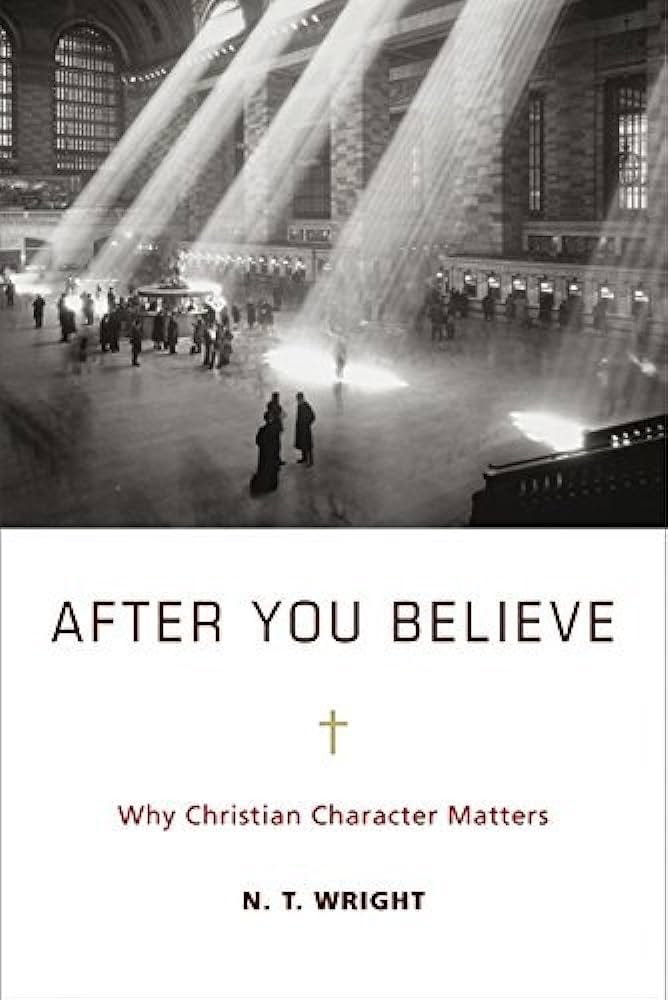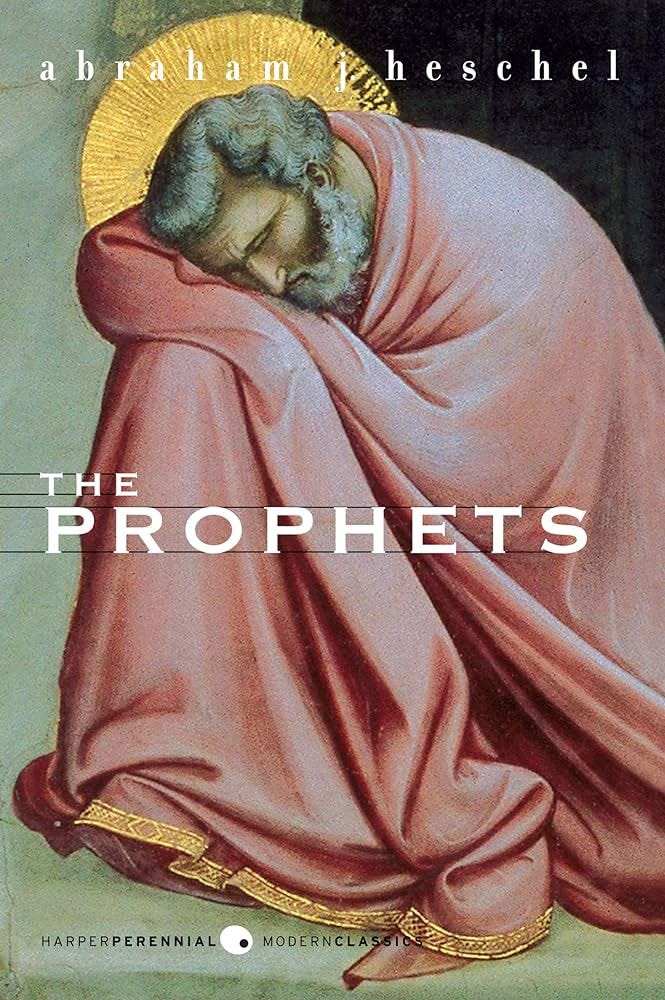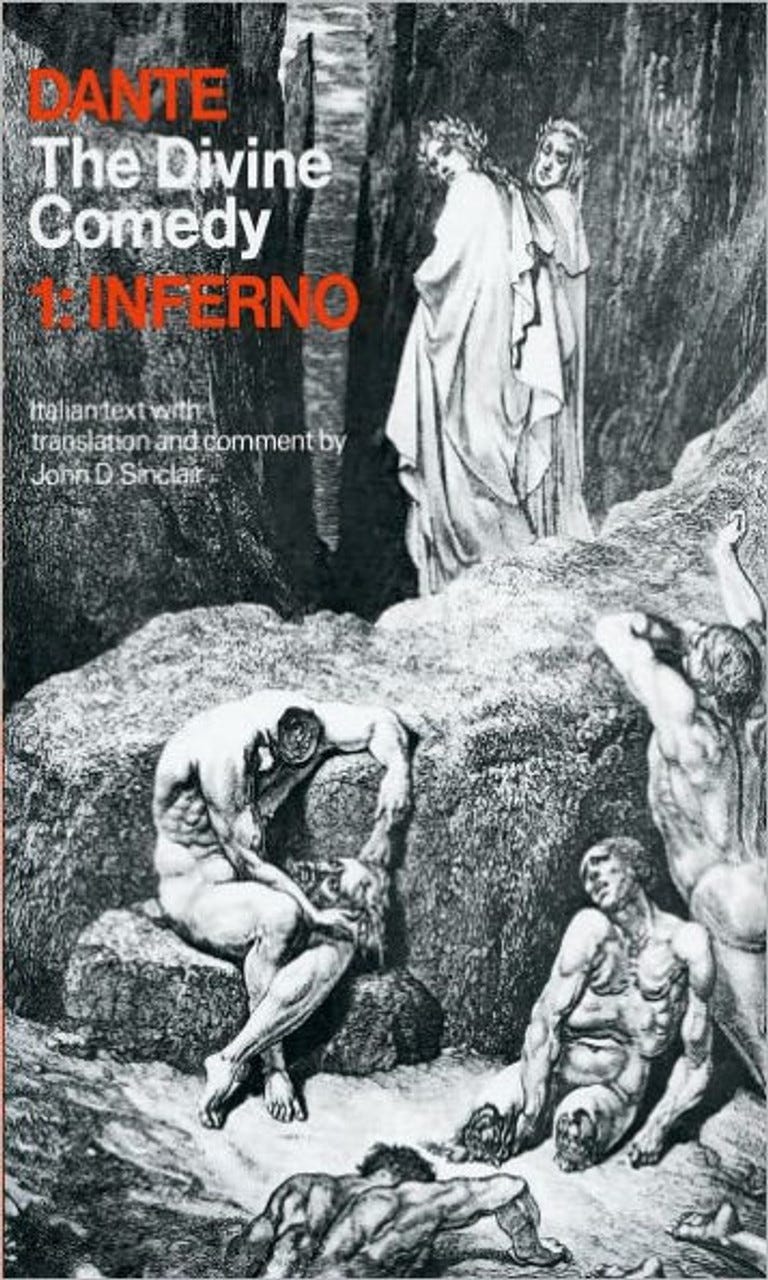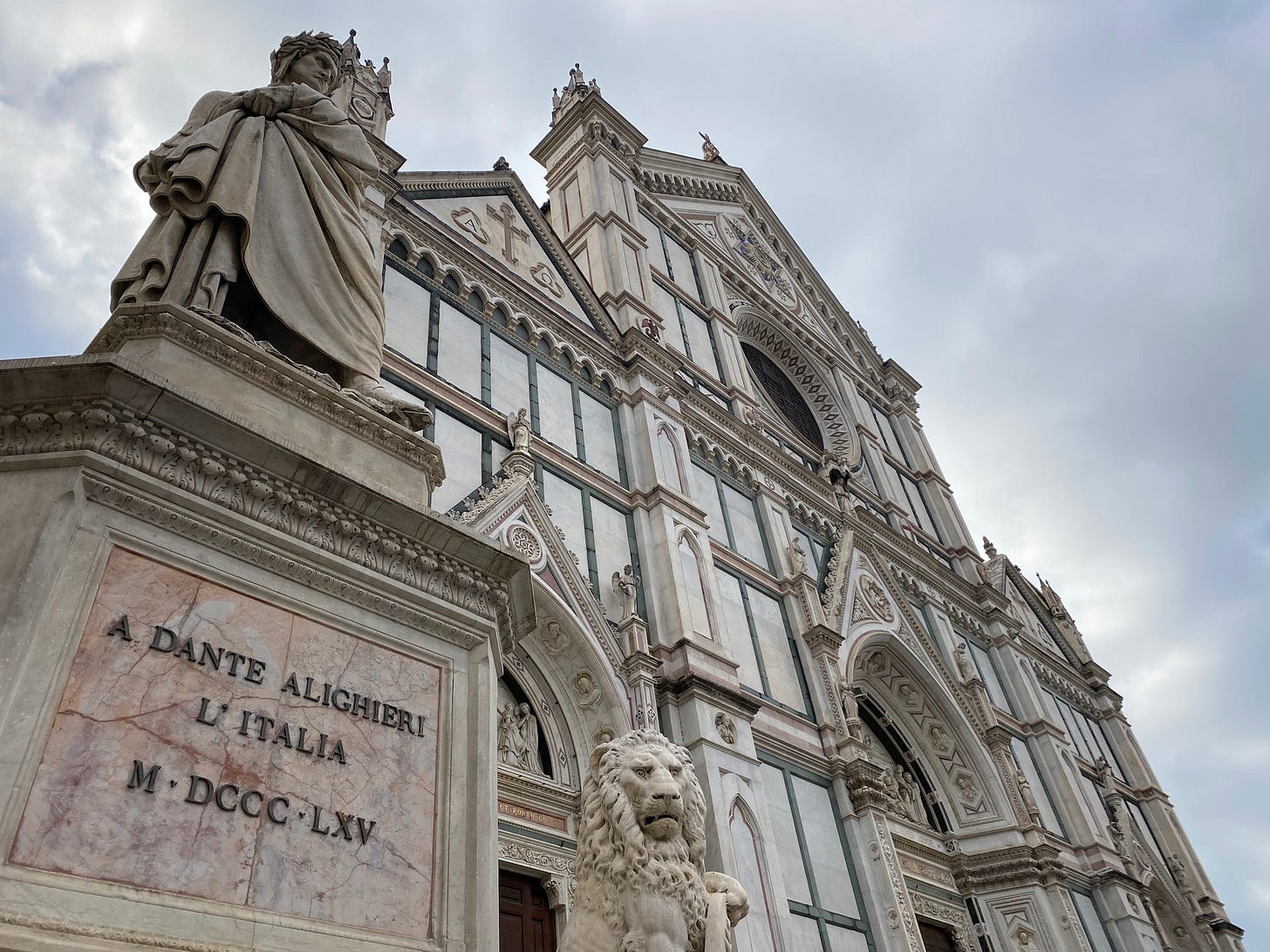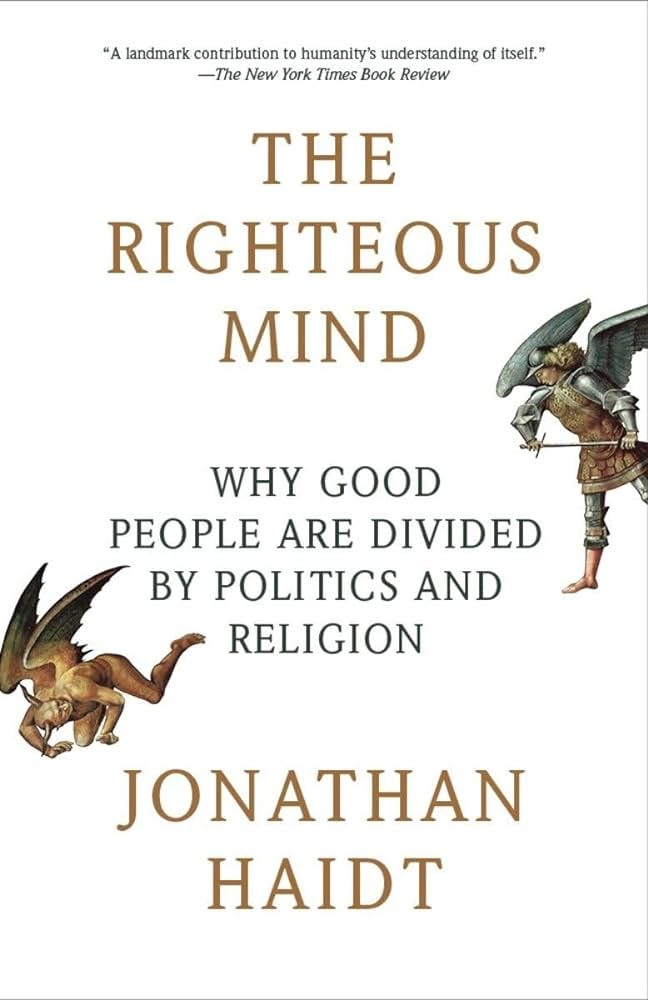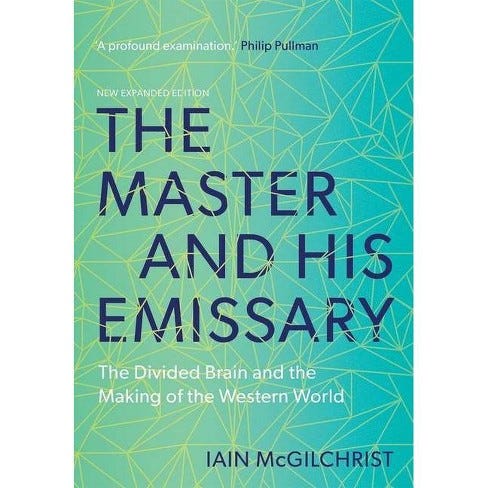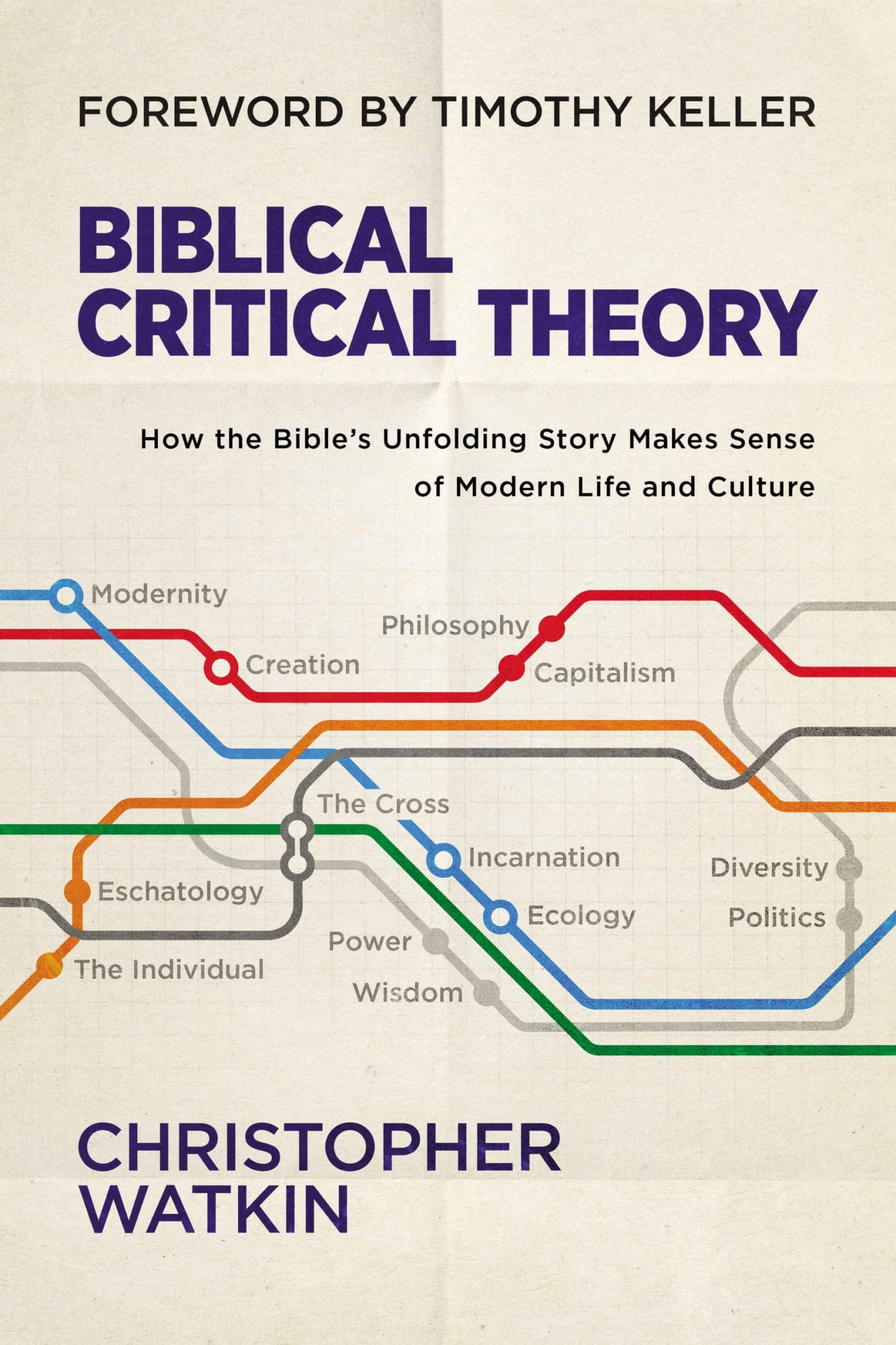Because of the different nature of these books, I decided to rank my favorite books of 2023 based on the impact they made on me. These are the 5 that made the cut.
#5. After You Believe by N.T. Wright
I finally read this book for my seminary Christian ethics class. If I had to suggest one book on wide-angle Christian ethics, this is it. As the title suggests, this is the book that fills in a big question many of us including experts struggle to answer, “What do I do after I believe in Jesus?” To this end, N.T. Wright gives an easy-to-read, yet robust account of cultivating Christian character. Wright is spot-on in identifying our role in Scripture as priests of the new creation. As priests, we are to display the kingdom of God on earth as it is in heaven.
#4. The Prophets by Abraham J. Heschel
I was struggling to find a book on the Minor Prophets for our Youth Group series this year. Then I found Heschel’s, The Prophets. This book helped me understand the heart and soul of the prophets, and therefore Jesus. Being out of touch with the Prophets has only hindered our ministry as leaders in the church. They are, after all, the least-read books in Scripture. We neglect the prophets at our peril. This makes sense of why Revelation, the only prophetic book of the New Testament, is so strange to us.
In Western culture, God seems distant, a wholly unmoved mover. In contrast, to the prophet, Yahweh is ever present in his soul and his mouth calling an unmoved people back to faithfulness and relationship. In Heschel’s famous words, “God is raging in the prophet’s words.”
#3. Inferno by Dante
Translation & Commentary by John D. Sinclair
Here is a book I greatly misunderstood before reading it. Although coloring much of the modern imagination of Hell, the Inferno was not meant to be a theological account of what Hell is. Instead, it is a crowning achievement of medieval thinking. The Inferno is only the first book in a three-part poetic masterpiece, a three-tiered journey through medieval cosmology. It is a journey of spiritual transformation. In the Inferno, Dante sees the people he knows and loves being tormented by their own desires, suffering in a state of selfish unrepentance. Dante himself progressively matures as a result of this journey through the deepest darkness towards the source of all beauty, truth, and goodness.
In a world where we feel cosmically dislocated and encouraged to let our passions rule us, this is a fascinating read. I wonder why this isn’t a part of everyone’s (at least Christian) education at some point. I hope to make it through the rest of the Divine Comedy when I make time for it…
#2. The Righteous Mind by Jonathan Haidt
This may be the best book social psychology has produced. Jonathan Haidt is a trustworthy voice in the shifting world of the social sciences. The Righteous Mind is an excellent book for understanding how we come to different notions of good & evil. We do not arrive at our moral convictions rationally. Rationality does not rule our minds. Our gut intuitions precede rational thinking and therefore guide our decisions.
Once we understand this, we can have much more productive conversations across the aisle. While you might not share his conclusions about Religion, this is a highly useful book for ministry. Like Dr. Preston Sprinkle, I would name this as one of my top books for ministry including Haidt’s The Coddling of the American Mind.
#1. The Master & His Emissary by Ian McGhilcrist
This was hands down my favorite read of the year. McGilchrist explains the hemispheric differences in our brains and how that has impacted the history of philosophy. Don’t be intimidated though. This book helps explain some of the problems we have been running into in the West, and why things seem out of balance. My description cannot do it justice.
McGilchrist’s basic thesis is that our hemispheres attend to the world in different, but key ways. The right hemisphere is designed to be the master of our thinking, with its specialty being towards the whole. However, the left hemisphere, its emissary, with its attention to objects and disconnected parts, has grasped for control and runs unchecked in our culture. The Master and His Emissary helped me understand how we attend to the world has a profound impact on how we act, how we derive meaning, and how our brain mediates between us and our surroundings.
Honorable mention:
Biblical Critical Theory by Christopher Watkin
This book has been the subject of a book group I’ve been going through with a group of brothers and sisters including my pastor. This was the last book Tim Keller wrote the foreword, which got my attention. In Keller’s words, this is an attempt at a Christian “High Theory” he had been looking for. Christopher Watkin is doing the work that we need from public theologians.
The only reason this book isn’t in my top 5 is because I’ve only begun to read it. I’ve only begun to uncover the gems in this substantial work. Even when I find myself digressing from Watkin, I discover insights I wouldn’t have had on my own. And therefore I am all the more thankful. This book may very well make its way into my top 5 list for next year due to the thoughts and conversations it prompts, the conversations we desperately need to have in a time such as ours.




